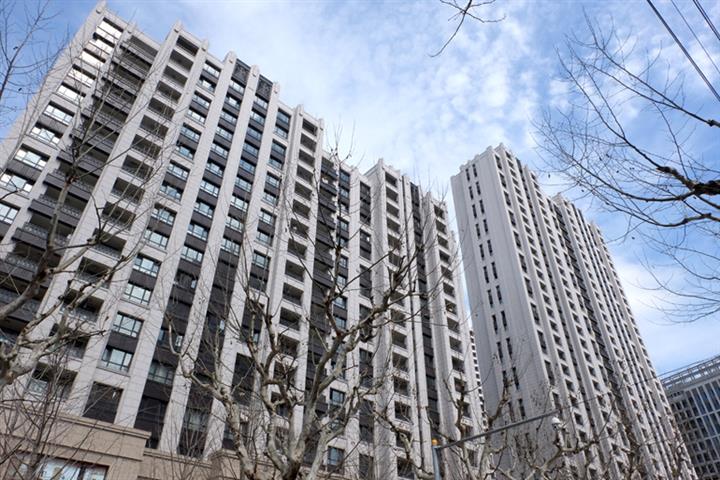 Shenzhen Tightens Home Buy Policies to Put Screws on Speculation
Shenzhen Tightens Home Buy Policies to Put Screws on Speculation(Yicai Global) July 15 -- The southern Chinese megacity of Shenzhen today introduced tighter house purchase restrictions to curb speculative property deals and bolster real estate financial supervision.
The new rules require families and residents with a Shenzhen household registration, known as hukou in Chinese, to actually live in the city for three consecutive years and provide proof of continuous payment of 36 months or more of personal income tax or social insurance before they may buy housing.
The southern economic powerhouse’s real estate market has boomed recently as a more relaxed monetary policy in the first half of the year fueled property speculation.
Popular real estate projects must prioritize the needs of families who have yet to buy their first home, according to a notice from the local housing and urban-rural development bureau. Projects must also devise sales plans based on how long families have paid personal income tax or social security in the city and must file these with the local housing construction authority for record.
The new rules have no impact on families and single adults without a local hukou, with the earlier rules still in effect in their case. Under the provisions, these two classes of residents may only buy homes if they can provide documents proving they have paid personal income tax or social security in the city for five years or more without interruption before the purchase date.
The latest move threatens a severe crackdown on unit hoarding, price hikes, misleading advertising, malicious bidding, and the diversion of credit into real estate. It will also lead to punishments such as summoning violators for interviews, suspending their operations for rectification and revoking business licenses of real estate firms, intermediaries and employees, with those suspected of committing actual crimes referred to prosecutors.
Hot Market
Shenzhen, which borders Hong Kong, ranked among the top five among 70 large and medium Chinese cities in both resold houses prices' monthly gains from March to May, with these hovering around 1.6 percent, and annual increases of up to 12 percent in May from 9.7 percent in March, according to data from the National Bureau of Statistics.
To make a profit, some families have resorted to sham divorces to circumvent purchase restrictions or to seek to wrangle looser buying conditions. Eligible buyers need pay just 30 percent as down payment on a first home, while that figure rises to over 70 percent for the second, per the rules.
To fill this loophole, the city made clear today that within three years of the date of a divorce the number of properties owned in total by a former couple can only equal the number of homes they jointly owned before they divorced.
So if a couple has no house in the city before the split, either spouse can buy an apartment as a single adult afterwards. If the couple had an apartment in the city before the divorce, the spouse left without a home may buy a unit as a single person afterwards. If the pair owned two commercial apartments pre-divorce, neither may buy a home for three years thereafter.
Editor: Ben Armour